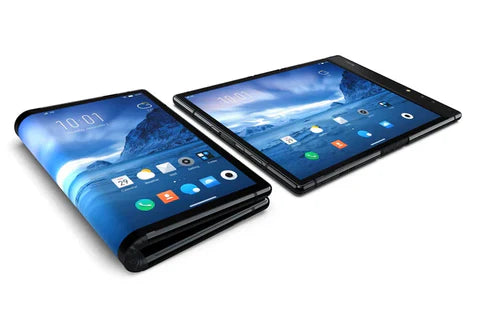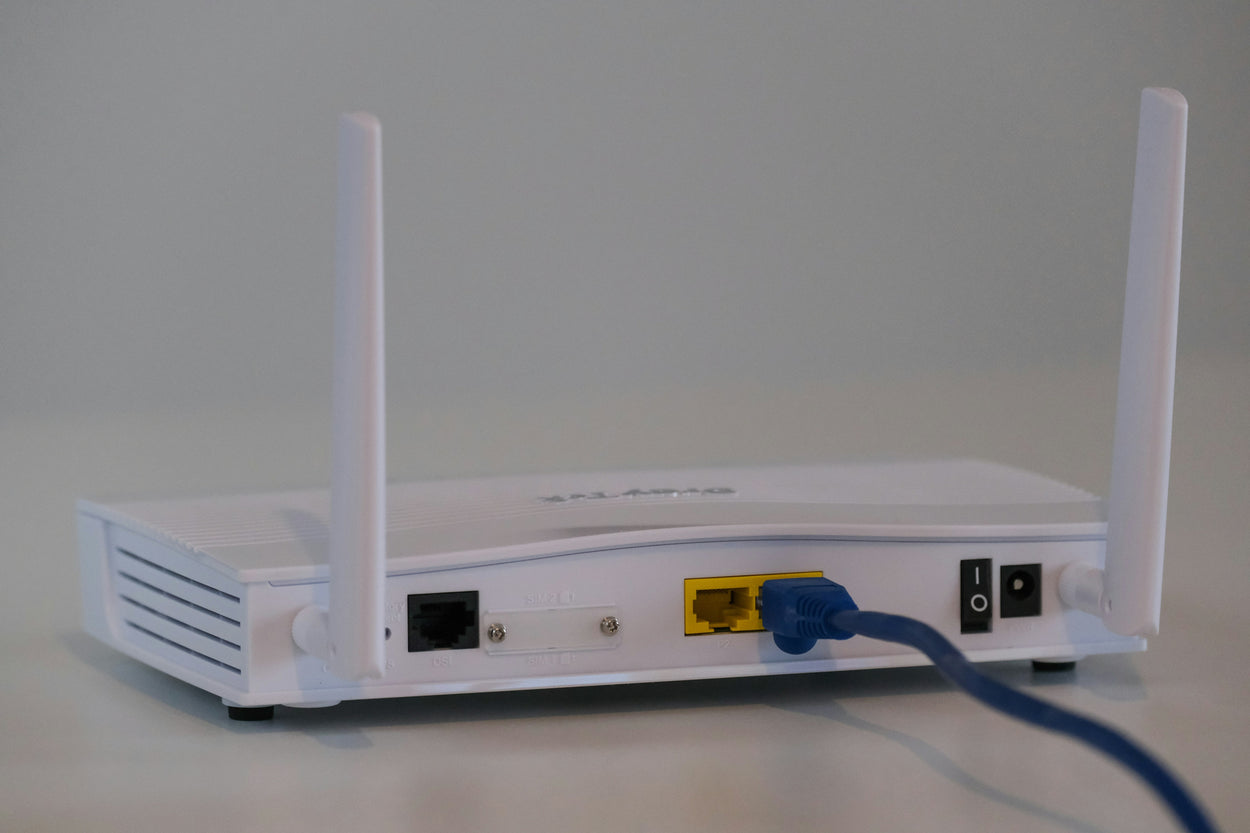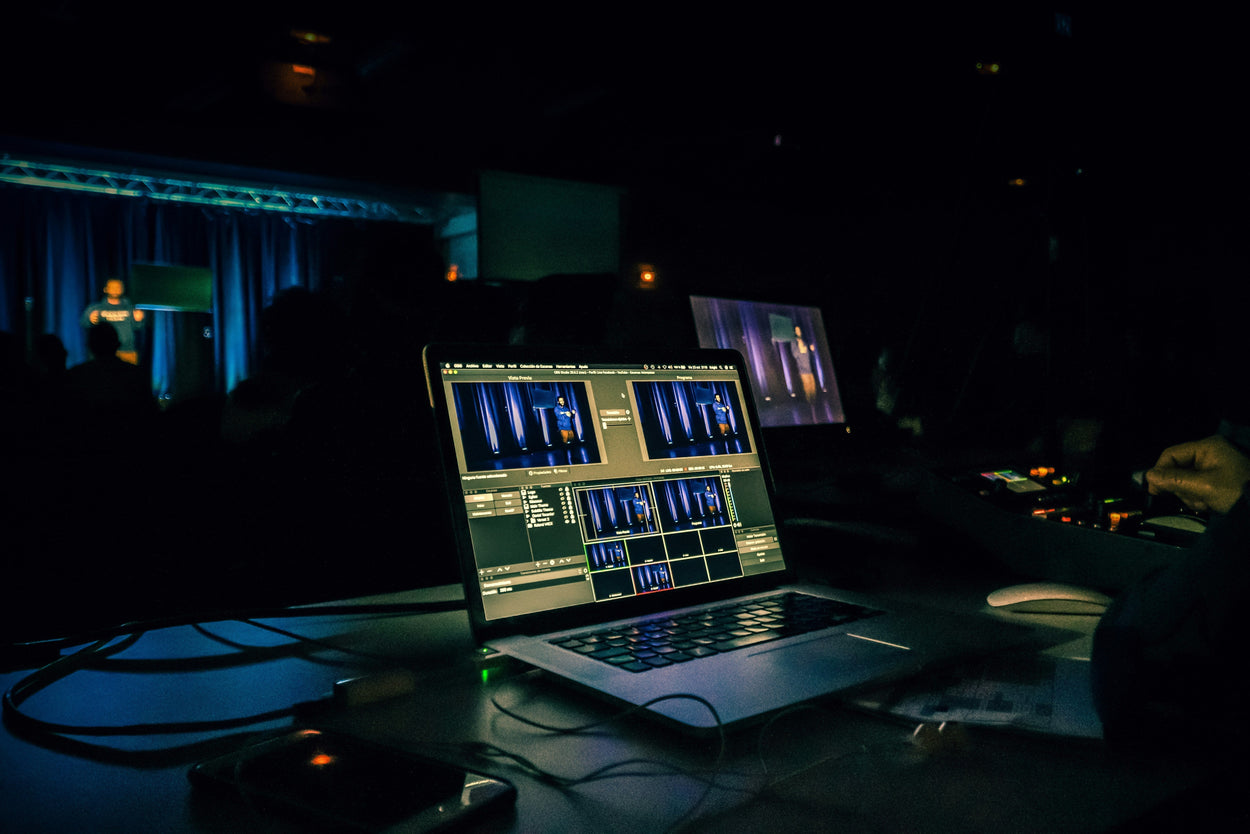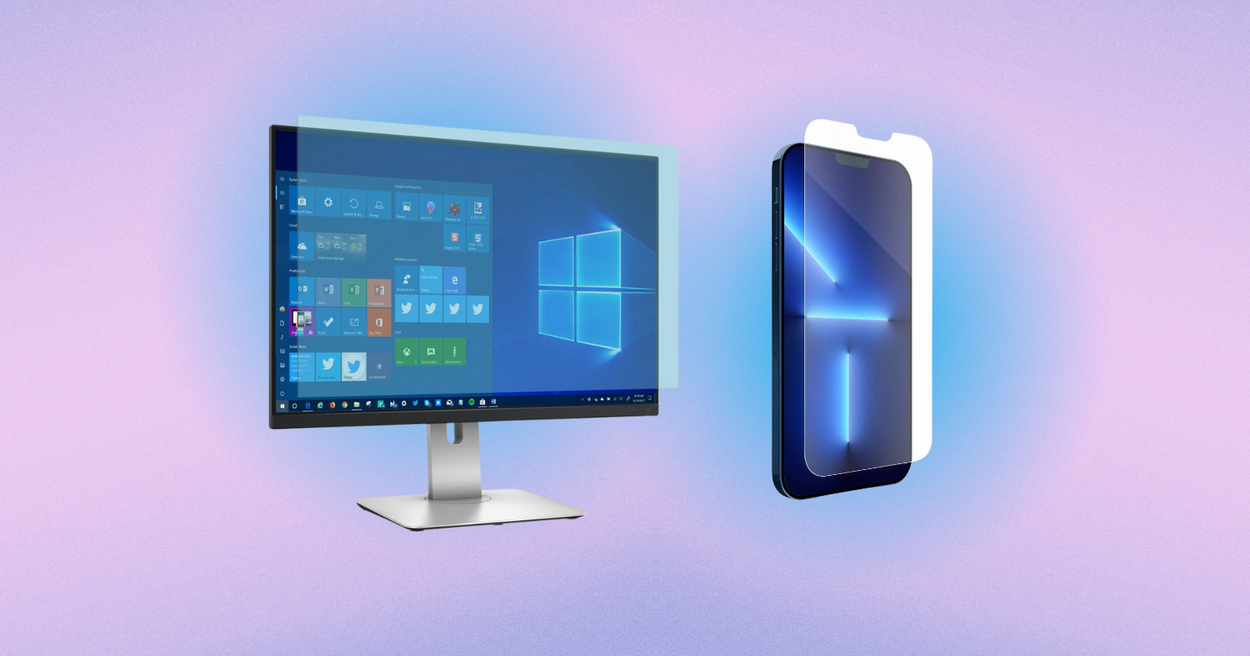Do Blue Light Screen Protectors Really Work? A Scientific Breakdown
Blue light screen protectors have gained popularity as a potential solution for reducing digital eye strain and improving sleep quality. But do they actually work? This article dives into the science behind blue light, its effects, and whether screen protectors provide any real benefits.
Understanding Blue Light
Blue light is a high-energy visible (HEV) light with wavelengths between 400 and 500 nanometers. It is naturally present in sunlight and emitted by digital screens, LED lighting, and other artificial sources.
While blue light is essential during the day for regulating our circadian rhythm (sleep-wake cycle) and enhancing alertness, excessive exposure—especially at night—has been linked to eye strain, headaches, and sleep disturbances.
How Do Blue Light Screen Protectors Work?
Blue light screen protectors are designed to filter out or block a portion of the blue light emitted by screens. They usually function in the following ways:
- Absorbing blue light wavelengths to reduce eye strain.
- Changing color temperature to minimize exposure to high-energy blue light.
- Reducing glare, which helps improve comfort for prolonged screen use.
Scientific Findings on Blue Light Protection
Eye Strain and Fatigue
Research on blue light’s effect on eye strain is mixed. Some studies suggest blue light contributes minimally to digital eye strain, while glare and prolonged screen time are the bigger culprits.
A 2022 study in the American Journal of Ophthalmology found that blue light filters did not significantly reduce digital eye strain compared to normal screens.
Impact on Sleep Quality
Blue light exposure at night suppresses melatonin production, making it harder to fall asleep.
A Harvard Medical School study found that exposure to blue light two hours before bed delayed sleep by 30 minutes.
Blue light filters and screen protectors may help, but reducing overall screen time before bed is a more effective approach.
Blue Light Exposure and Melatonin Suppression

Blue Light Blocking Efficiency by Different Methods
| Method | Percentage of Blue Light Blocked |
|---|---|
| Blue Light Screen Protector | 30-40% |
| Night Mode / Warm Color Filter | 20-25% |
| Blue Light Glasses | 50-60% |
| Completely Avoiding Screens | 100% |
Are Blue Light Screen Protectors Worth It?
If eye strain is your main concern, adjusting screen brightness, taking breaks, and reducing glare might be more effective than a blue light screen protector.
However, if you’re sensitive to blue light at night, using a screen protector along with night mode settings and limiting screen time before bed may help with sleep quality.
Conclusion
Blue light screen protectors do work to some extent, but their benefits are limited. They can help reduce glare and filter out some blue light, but scientific evidence does not strongly support their impact on eye strain.
For better eye health and sleep, combining multiple strategies—such as reducing screen brightness, using night mode, and limiting nighttime screen use—is the most effective approach.
FAQ - Blue Light Screen Protectors
(Press to reveal answers)
Q: Do blue light screen protectors actually work?A: Yes, but their effectiveness is limited. They help reduce glare and filter some blue light, but research suggests they do not significantly reduce eye strain.
Q: Can blue light screen protectors improve sleep?A: They may help reduce blue light exposure, which can improve melatonin production. However, reducing screen time before bed is a more effective solution.
Q: Do I need a blue light screen protector if I use night mode?A: Not necessarily. Night mode already reduces blue light exposure by adjusting the color temperature. A blue light screen protector can provide additional filtering but isn’t always needed.
Q: Are blue light glasses better than screen protectors?A: Yes, blue light glasses tend to block a higher percentage of blue light (50-60%) compared to screen protectors (30-40%). They are a better option if you need stronger protection.
Q: Should I use a blue light screen protector on my phone?A: If you spend long hours on your phone, especially at night, a blue light screen protector can help. However, taking regular breaks and adjusting screen brightness are also effective strategies.
What’s your experience with blue light screen protectors? Let us know in the comments!
Upgrade Your Screen Protection Today! 🛡️
Explore our premium blue light screen protectors and top-rated phone accessories to protect your eyes and enhance your device.
👉 Shop Phone Accessories Now
👉 Visit Our Home Page
Don't let screen fatigue hold you back—find the best tech accessories today!





